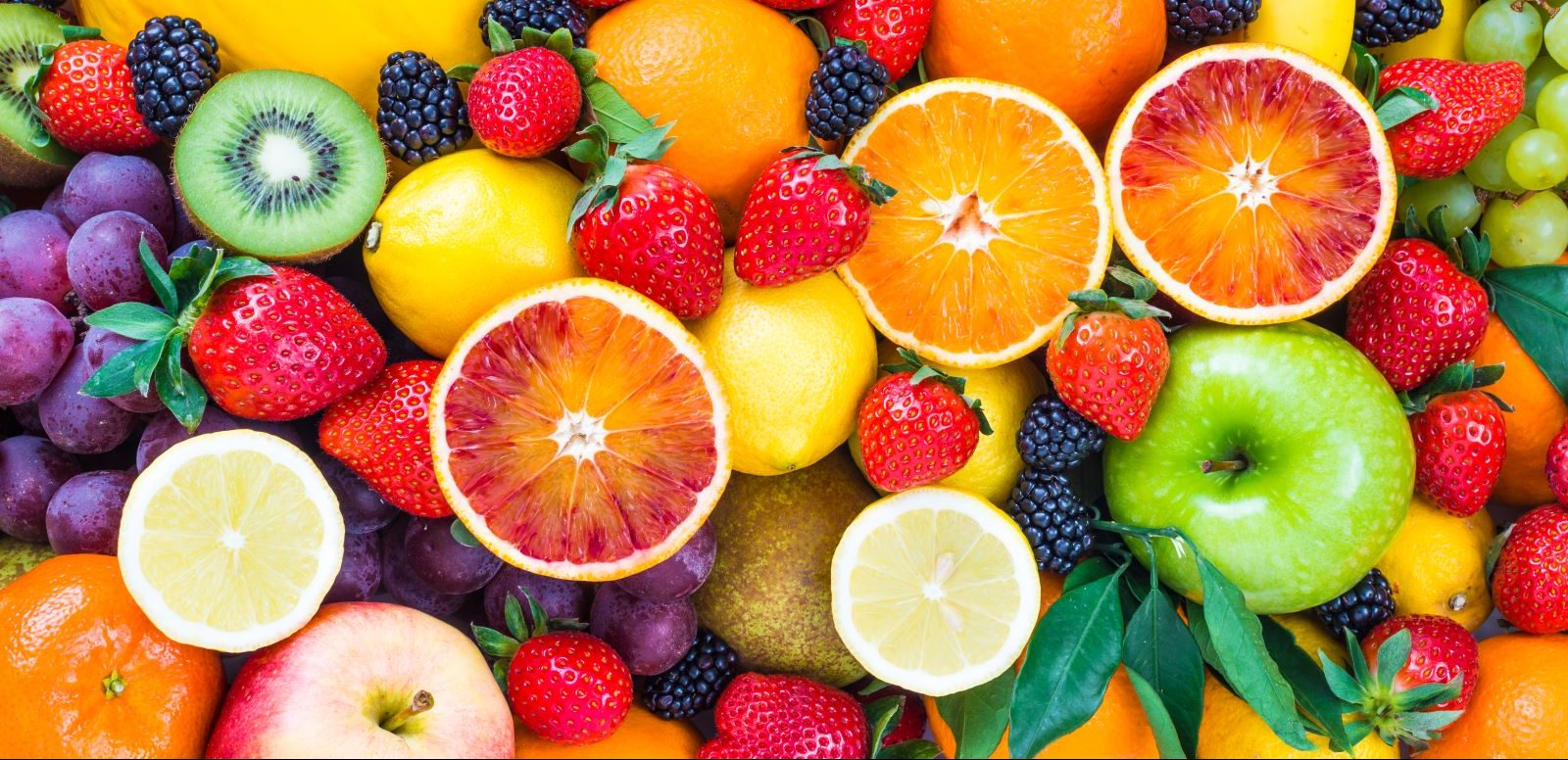<< Back
These 4 Foods Can Decrease Your Risk of Cancer

June 09, 2023
When it comes to the second leading cause of death in the United States, any steps that might lower your risk are worth trying. And although nothing is guaranteed to prevent cancer, there are plenty of ways to improve your chances.
One of those is choosing the right foods.
“Eating a healthy diet is one of the best ways to decrease your risk of developing cancer,” says Diane Avino, RDN, registered dietitian in oncology with Hartford HealthCare’s Cancer Institute.
So which foods should you eat to reduce your risk of cancer? Here are her top choices.
These foods can decrease your risk of cancer.
The good news is, it’s a long list – and many are probably found in your diet already.
- Colorful fruits and vegetables. “Consume a variety of fruits and vegetables within the five color groups. You want to eat at least five servings a day, but luckily one serving is only a half cup,” says Avino. “Selecting different colors provides offers protection from a spectrum of compounds like phytochemicals, vitamins and minerals, which work together as antioxidants.” And fortunately, each color group has plenty of foods to choose from.
- Red: Strawberries, red onions, beets, tomatoes and watermelon
- Orange/yellow: Carrots, peaches, cantaloupe, yellow peppers and oranges
- Green: Spinach, kiwi, asparagus, broccoli, kale, green grapes and pears
- Purple/blue: Eggplant, plums, blueberries, purple grapes and blackberries
- White/brown: Banana, cauliflower, garlic, mushrooms, onions and parsnips
- Whole grains. Packed with dietary fiber, whole grains such as barley, brown rice, quinoa and farro can all help protect you from cancer.
- Legumes. Options such as legumes, peas, chickpeas and soybeans provide a low-cost protein source packed with fiber. These offer a host of benefits that indirectly reduce cancer risk by promoting fullness and reducing insulin resistance.
- Plant foods. Rich in a variety of nutrients, whole, natural plant foods reduce the risk of cancers of the mouth and throat, esophagus, lung, breast, bladder, colorectal and stomach.
But there are foods that increase your risk of cancer, too.
Don’t just focus on the foods you should eat more of – you should also consider limiting others. Foods that increase your risk of cancer include:
- Processed meat. Different processing methods for meat – like smoking and curing – have been linked to colorectal cancer. These include lunch meats such as ham and salami, and cured meats like sausage, beef jerky and hot dogs.
- Red meat. And red meat can be just as dangerous. When eaten more than twice per week, red meat such as beef, pork and lamb can increase your risk of cancer.
- Alcohol. Red wine is healthy, right? Although it offers some benefits, it may cause more harm than good. Regardless of the type of alcohol, the more you drink, the greater the risk of developing many cancers including mouth and throat, esophageal, liver, stomach, colon, and breast.
- Sweetened beverages. Loaded with sugar, drinks like soda, tea, coffee, energy drinks and fruit juice provide empty calories. This can lead to excessive intake and ultimately weight gain, which has been linked to many different types of cancer. Avino suggests sticking with water and unsweetened drinks to stay hydrated without the extra calories.
- Dietary supplements. If some is good, more must be better, right? Unfortunately, that’s not the case when it comes to dietary supplements. “Nutrients naturally occurring in food work together in our bodies to achieve cancer-fighting properties. Taking supplements in pill form prevents these effects from occurring, and may be harmful if you already have enough of that nutrient,” says Avino. For the best results, only use supplements recommended by your physician.
> Related: These Foods May Increase Your Risk of Colorectal Cancer
The best thing you can do is follow a healthy diet.
Ultimately, there’s no surefire way to prevent cancer. But by following a healthy lifestyle, you not only decrease your risk of developing cancer, you improve your ability to fight the disease.
“We can take back some control of our health by adopting healthier habits. If you’re not sure what foods to eat – whether it’s for cancer or overall health – reaching out to a dietitian is a great first step to develop a plan that works best for you,” Avino notes.
So before planning your next meal, consider trying some of these foods. It might just save your life – or at least a scary diagnosis.